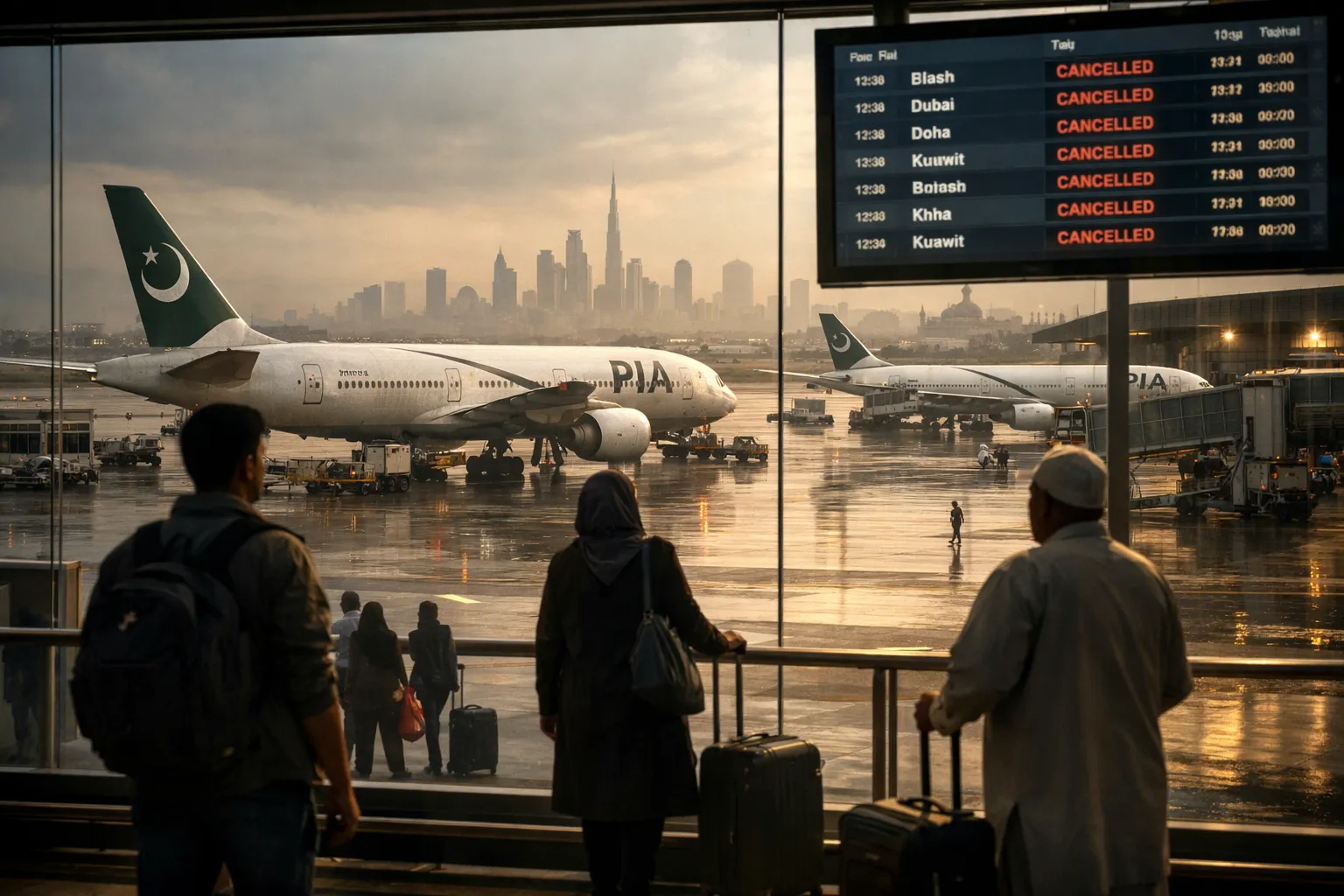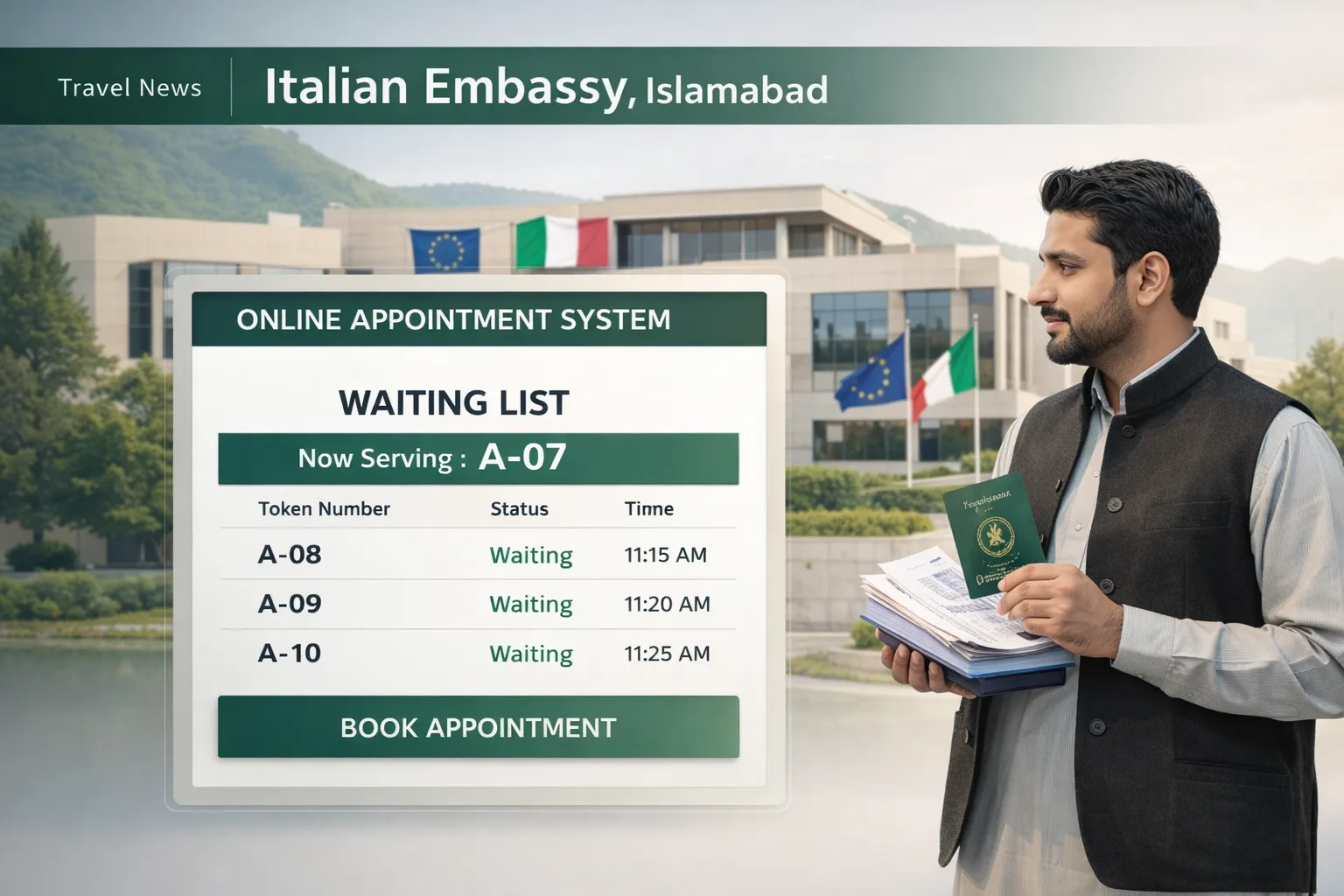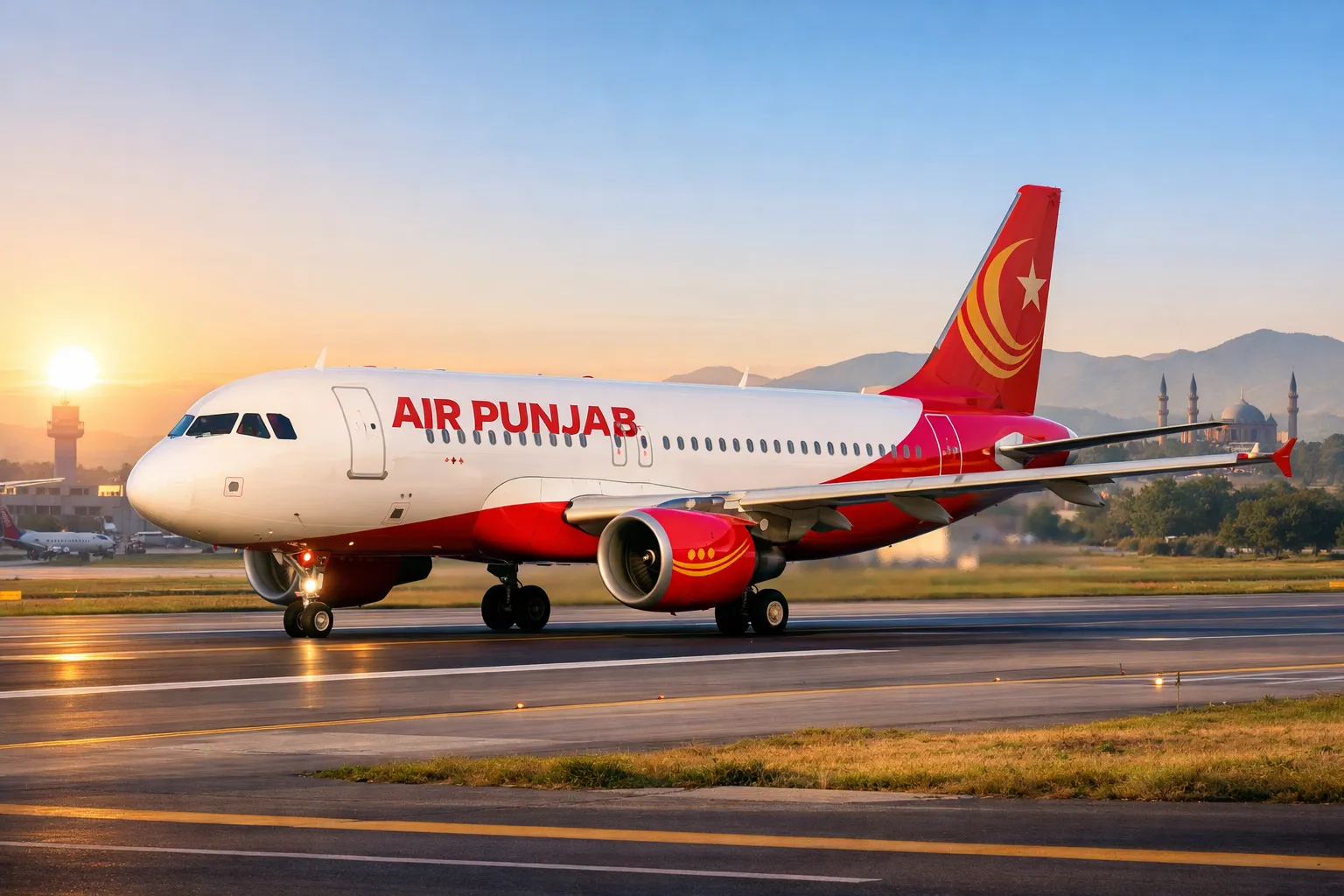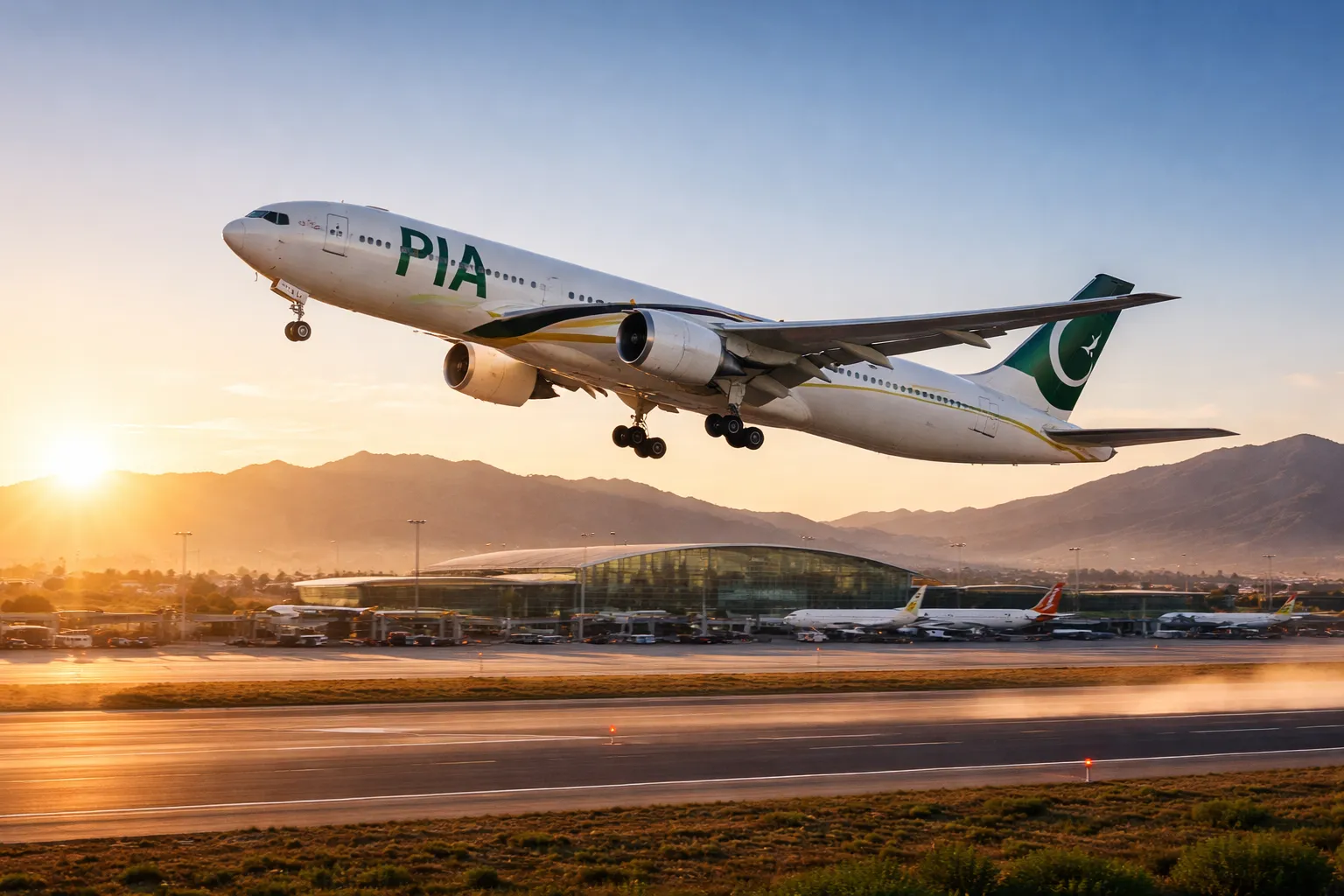 Log in
Log in

On June 23’ Qatar Airways put a sudden end to all its flights after the missile attack which hit the U.S.’s Al Udeid Air Base in Qatar. This came just hours after Qatar had closed off its air space temporarily which in turn is an element in the greater Middle East tension. Although the airline has since put in place a phase by phase return to some services we may see large scale disruption into the weekend which in turn will affect the global travel systems.
Tensions went up greatly after Iran fired at Al Udeid Air Base which is a key U.S. military hub. While it is reported that Qatar’s air forces took out six of the ballistic missiles, the incident saw many Gulf countries including Kuwait, Bahrain, the UAE, and Iraq shut down their airspace. Also reported is that Qatar Airways responded by putting a hold on their flights which they did for passenger and crew safety which they made the top priority.
Travelers described chaotic scenes: crowded lounges, overtaxed airport staff, and chaos as some flights were delayed for what seemed like forever or others were sent to different airports without notice.
The ripple effects were significant: Rippling results were to be seen:.
Flight tracking reports that on Tuesday morning there had been 382 cancellations which is an improvement from over 800 we had the day before.
Travelers recounted scenes of turmoil: Travel accounts of chaos:.
While most airlines provided refunds for some of the fare, rebooking help, or flight credits issue the queue is still an issue.
In the primary Gulf air routes which are closed airlines have shifted to other routes:.
Flights are going north over Turkey and the Caspian Sea and south over Saudi Arabia and Egypt.
These delays are by 30 to 60 minutes on average which in turn is increasing fuel costs and logistical complexity.
Extended air traffic controller loads and reduced airspace available have put more pressure on what is at present a very weak system.
Analysts report that we have seen a reduction in available flight paths which in turn sees Russian and Ukrainian airspace closed off which in turn decreases options for flight routing which in turn puts pressure on capacity and brings mid air congestion to the fore.
Safety is now taking center stage: Safety is at the core of it:.
In wake of past incidents like that of MH17 airlines are playing it safe by suspending flights before the issue is even officially advised.
In some cases what we are seeing is that in conflict zones GPS signal interference is reported to be an issue which in turn is causing navigation issues and as a result carriers are avoiding even nearby routes.
Aviation risk consultancies are reporting to governments and insurers on issues related to conflict prone air travel.
The safety first approach which is taken to see that no airport hub is left out in the impact of geopolitical issues.
A report of the U.S. negotiated an extremely precarious ceasefire between Israel and Iran. Also some Gulf airspaces have opened up but the overall aviation picture is still very unstable. Real time monitoring through NOTAMs and intelligence reports has become a must for routing decisions.
Still, we see that at times issues will arise which means airlines will have to remain flexible and passengers to get used to changing travel norms.
In many cases we see that which trends are present are:.
Qatar’s air space closure and Qatar Airways’ flight suspensions are a display of how fragile global aviation is in times of political instability. The Gulf’s key role as a transit point which also serves as a buffer between East and West means any issues there are global issues which we see in large scale strandings of passengers and exposure of what is weak in airline operations.
In the present world of aviation which has seen large scale changes in flight paths brought on by political issues which can change in a short notice we live in a new age. The industry going forward will depend on how well it adapts to these shocks, introduces flex into our systems and sustains trust from travelers as skies go dark suddenly.



